The event featured four speakers and five discussants, ranging from government representatives, youth representatives, private sector representatives, economists, engineers, and digital health practitioners, with over 100 virtual attendees. Moderated by Prof. Ilona Kickbusch, speakers included Dr Samuel Roger Kamba, Danielle Mullings, Pablo Orefice, and Gülsen Güler. Discussants included Dr Ann Aerts, Yodahe Zemichael, Dr Akiko Maeda, Riccardo Lampariello, and Skye Gilbert.
From the beginning of the event, a key tension emerged between coordinating actors to sustainably finance fundamental digital infrastructures, and considering whose voices are being represented and left out in these processes.
Discussant Aerts, Head of the Novartis Foundation and member of the Broadband Commission, brought attention to how coordinating sustainable funding requires human resources, human-centred design, coordinating investments between the public and private sector, designing sustainable business models, and incentivising innovation. Aerts also highlighted the need for strong leadership, committed financing towards digitalising the health system, national frameworks for interoperability, and strong regulatory and legal ICT frameworks.
Discussant Zemichael, a representative from the Office of the Prime Minister of Ethiopia, provided examples of these in practice. Ethiopia has increased public funding for digitalising the health system; is passing legislation for data privacy, security, and ownership; and is actively working on digital IDs for citizens.
In light of these recommendations and advancements, discussant Maeda, Global Health Policy Specialist, cautioned on the potentials and limitations of digital technologies.
“Digital activities can bring a lot of benefits, but also a lot of risks. Technology creates a whole new set of social interactions and a better understanding of human behaviour is needed,” Maeda said.
Maeda’s remarks echoed an earlier presenter, Güler, Director of Research and Learning of Civic Software Foundation and Co-chair of the Literacy Group at MyData Global. She highlighted how the process of digitalisation is not equal, posing four questions for consideration in the design of fundamental digital infrastructures.
“We often follow techno-deterministic trends and forget the human element we are dealing with. Whose values are being represented, whose voices are left out, who is missing from digital platforms, and who is missing from the decision making and policy sphere?” said Güler.
The event highlighted the misappropriated potential of following recommendations to finance fundamental digital infrastructures while strengthening systems of inequity.
“There is an opportunity to go beyond the digital and think about social structures. Bring in not just engineers, but social scientists, and have digital be a hub in a broader way,” said Gilbert, Executive Director of Digital Square.


